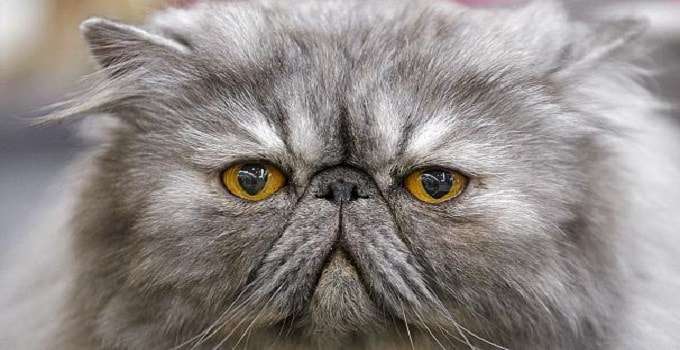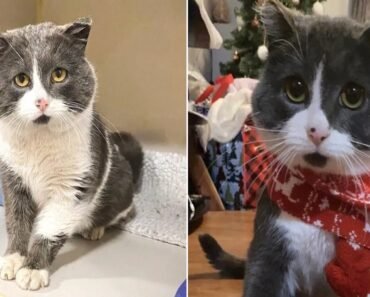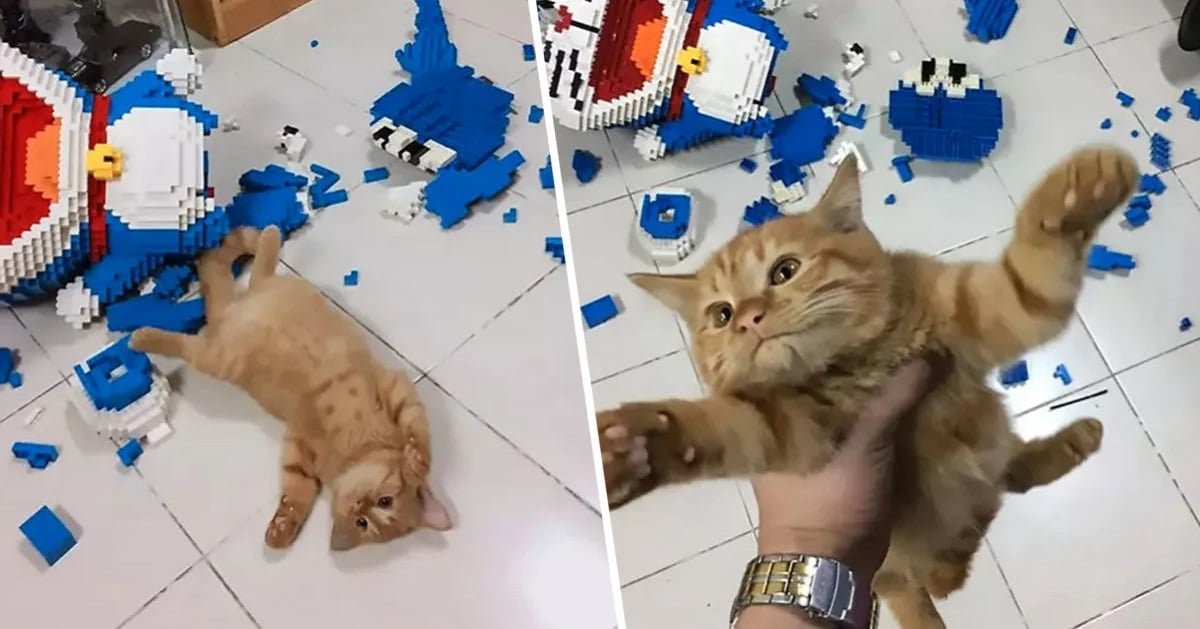VIRGINIA – Lindsey Buracker has to have all of her instruments in a row. It helps her somehow to concentrate so she doesn’t have to look up – she can just grab what she needs and continue the operation.
On her operating table was a feral kitten, one of just 70 such cats that got treated throughout the day. The precise procedure took a mere five minutes and by the end of it, the kitten’s reproductive system was extracted.
A veterinary technician then came and took the sedated kitten and set her down in a line of other kitties who had similar operations just minutes prior.
“It’s got to happen. We can eliminate a lot of diseases, and help these cats if we do these procedures. It has to be done,” Buracker stated.
Volunteers treated all of the cats at the Richmond SPCA on Monday. The operations are smooth and organized with the end goal of helping cut down the number of feral cats around Richmond.
“Trappers,” or residents who caught the cats, started to drop them off at the SPCA about 7:30 a.m. Most of the felines were trapped just the night before.
Veterinary volunteers from two Richmond-area Banfield Pet Hospitals and the SPCA anesthetized each of the cats and performed the operations.
“Hey, let’s do 100 animals in one day. Why not? It’s fun,” stated Buracker. The day was set up to sterilize 100 cats, but the trappers brought 70.
Music played throughout the entire day as volunteers were upbeat and energetic about their work, which included squeezing the urine out of the cats in preparation for surgery.
Three veterinarians from the Banfield Pet Hospitals, including Buracker, performed all of the surgeries. It’s a mere quick snip for the male cats but the operation takes a little longer for the females.
Alexandra Teskin, who is one of the surgeons, said she enjoys doing the operations as they give her experience and “the more experience the better.”
Monday was the second “trap-neuter-return” day of the past we months. The program’s been around since 2004 and the SPCA sterilizes approximately 1,200 cats per year, said Tori Williams, the nonprofit’s senior hospital manager.
Other spay or neuter operations are done on days which aren’t organized like Monday’s, but the 70 cats treated was the most for a Banfield volunteer day.
“It’s a crucially important part of what we do in order to save lives in this community,” stated Robin Starr, CEO of the Richmond SPCA.
The surgeries allow for the cats to go back out into their natural environment but no chance for reproduction. The universal sign of a spayed or neutered cat, which the surgeons did Monday, is the cutting of a small portion of the cat’s left ear.
The Richmond SPCA, which is located at 2519 Hermitage Road, adopted a no-kill model originally implemented in San Francisco and the “trap-neuter-return” system is an “essential” piece of the no-kill movement, Starr explained.
“These cats can live long, good and healthy lives. There’s no reason they have to be killed,” she stated.
The care extends beyond just the spaying and neutering. Each cat was also given a veterinary examination Monday and received a rabies vaccination.
Most trappers bring about four or five cats each to be operated on.
One trapper who helps other animal caregivers brought a whopping 20 cats, said Williams, the senior hospital man ager.
In a holding room outside of the operating area, the cats who had already been operated on little by little came to in their traps.
Most are too wild to be adopted as pets, the cats will be released back into their colonies once they recover from the surgeries.










